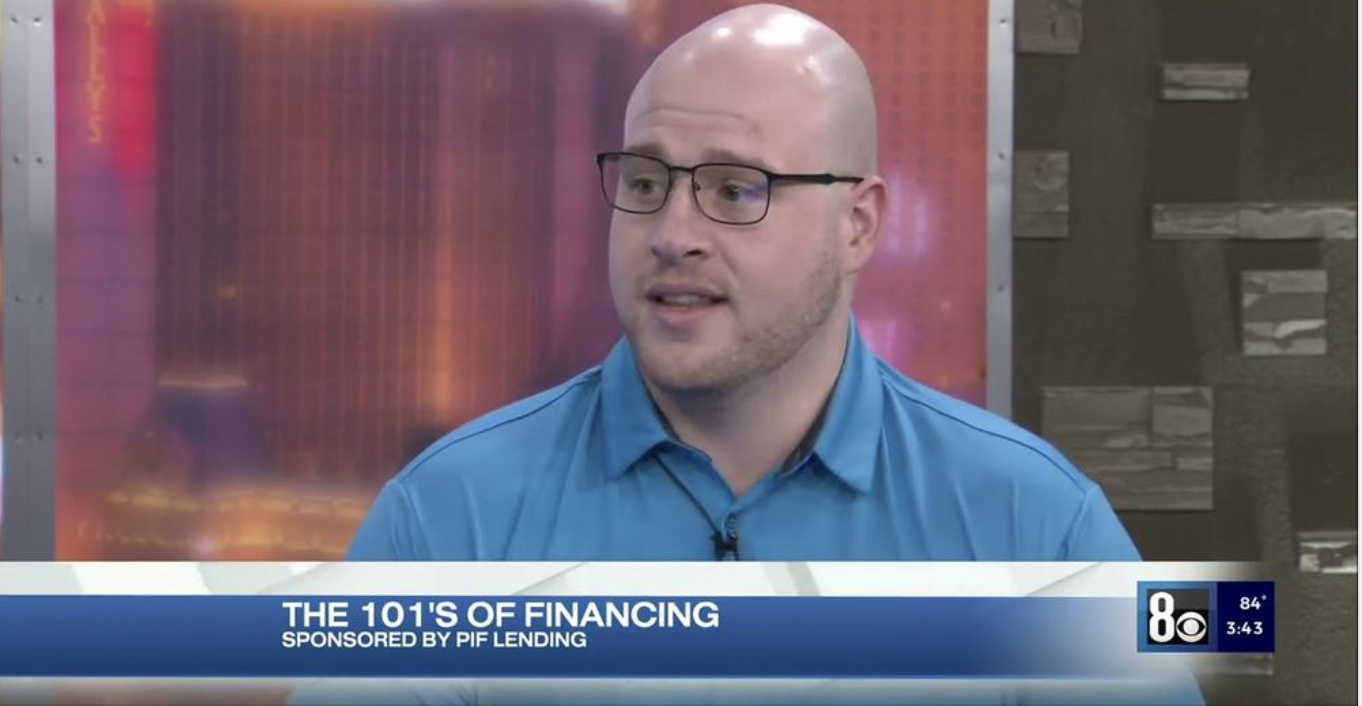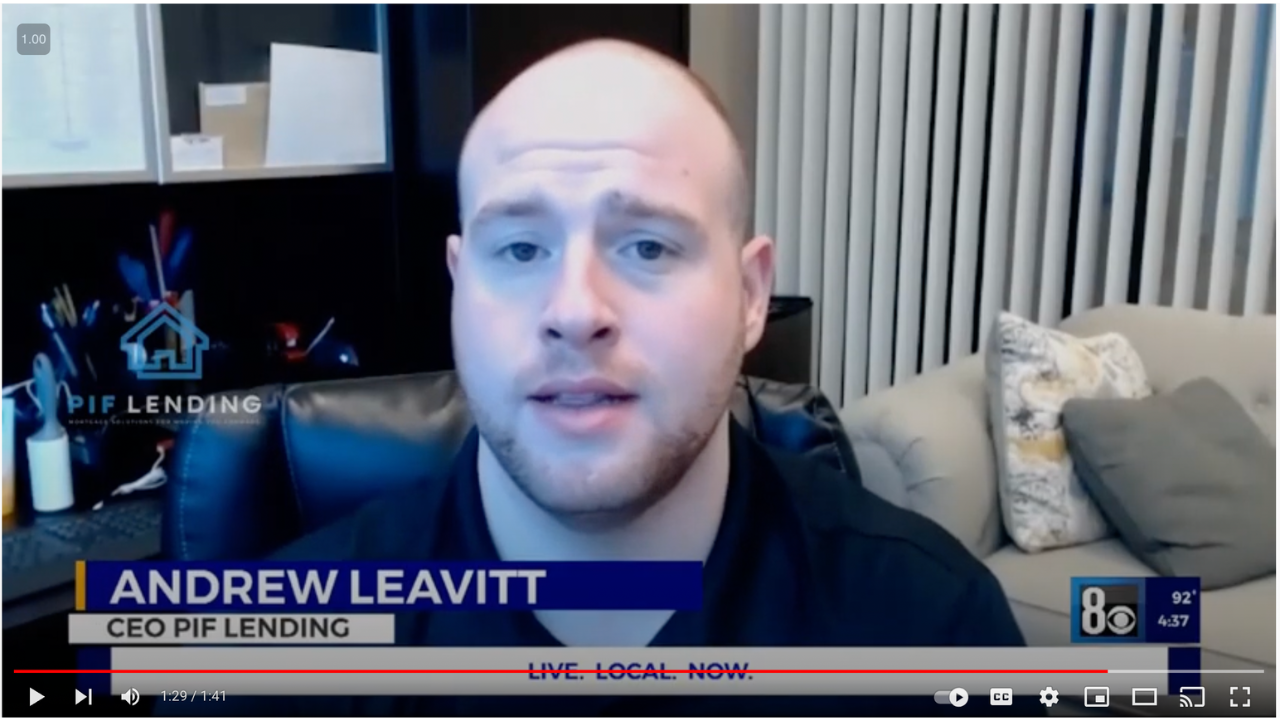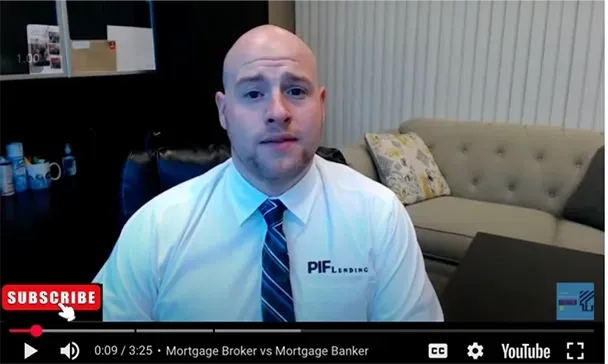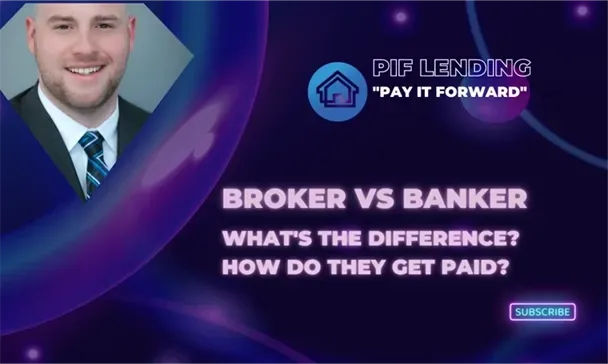Mortgage calculators are used to estimate what your monthly mortgage payment will be by entering the purchase price of the home you are interested in, the interest rate you expect to get, the loan type, and the down payment amount. Mortgage calculators are great if you are just looking to get a general idea of what your monthly house payment will be. Credit rates, loan types, and the lender can all drastically affect the interest rate you end up with, so please be aware that using a mortgage calculator is not a fully accurate way of estimating what your full payment and closing costs will be.
Property values in Southern Nevada are rising. With the interest rate on mortgage loans at all-time lows, now is the time to take action and start a mortgage application with us. You can expedite your loan process by using the help of our professional loan officers.
Locking in a rate before the Federal Reserve moves the prime rate assures you a very low mortgage interest rate for home mortgage borrowers. A lower interest rate throughout your home loan can save tens of thousands of dollars. As the Best Mortgage Brokers In Vegas, we know where to find the best lenders in Vegas to help you get the best loan for your budget and personal needs. We know how to present your home loan package to get the best rates with no additional fees better than any mortgage broker in Henderson and Las Vegas, NV.
Our loan officers use accurate mortgage loan calculators to calculate the estimated loan amount and associated costs, so get in touch with our officer to know your loan amount.
























